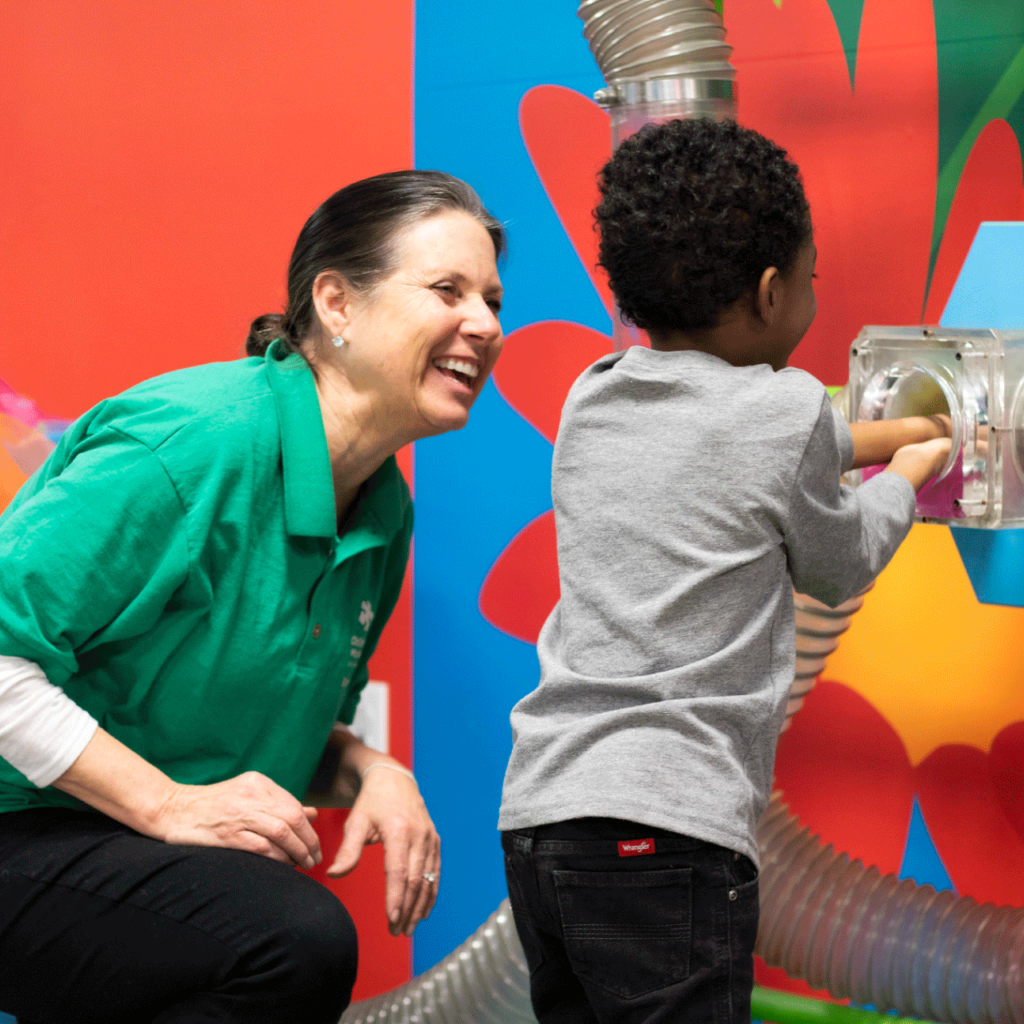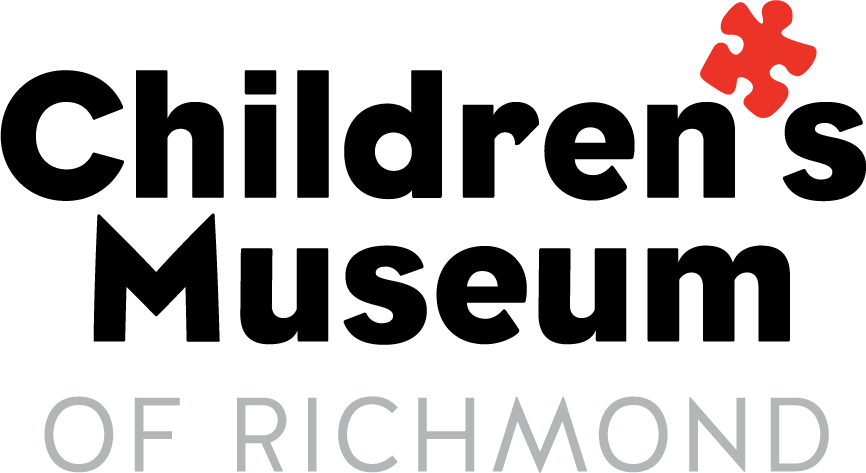Supporting Children with Special Needs
March 11, 2020 at 4:00 PM EDT – Updated March 11 at 4:00 PM A visit to the Children’s Museum is a recipe for fun and learning through play — for both children and their caregivers alike. For parents of children with special needs, that recipe may need some additional ingredients or a little change to match…
Published on March 20, 2020

March 11, 2020 at 4:00 PM EDT – Updated March 11 at 4:00 PM
A visit to the Children’s Museum is a recipe for fun and learning through play — for both children and their caregivers alike. For parents of children with special needs, that recipe may need some additional ingredients or a little change to match the appetites of that particular guest.
Ingredients like group size, sound, and other sensory input and unfamiliar environments may be unpalatable to children with special needs.
That’s one reason the Children’s Museum has committed itself to programming that provides opportunities for positive museum interactions for children of all abilities. Using research-based best practice and guidance from Virginia Commonwealth University’s Department of Occupational Therapy professors, the Children’s Museum offers safe, supportive, and encouraging surroundings such as those found during the “Special Nights” events offered at all Children’s Museum locations — including Downtown, Chesterfield, Short Pump, and Fredericksburg.

Sponsored by the Altria Companies Employee Community Fund, these monthly events provide children and their families the chance to explore the museum at their own pace, with adaptive materials and an eye toward providing an experience that minimizes the sensory load. What’s more, these “Special Nights” provide a chance for children and their families to visit during times of reduced visitation.
The Children’s Museum also strives to incorporate inclusive and adaptive tools within some of its most popular seasonal programming, such as the annual “Legendary Santa” visit. During special “Sensitive Santa” events, families of children with special needs are invited to meet Santa during an exclusive, sensory-friendly evening.
In order to measure impact and be responsive to our visitors, the Children’s Museum is committed to getting feedback to inform our efforts. Surveys completed by attendees of “Special Nights” events show that on average, nearly 75% of all respondents would describe their experience at the Museum as “excellent.”
The results from families attending “Sensitive Santa” events are even more extraordinary, with an “excellent” rating from over 93% of all survey responses. Meanwhile, the personal comments solicited from attendees were every bit as positive.

One parent remarked, “This is the first event we have found that lets our daughter be herself. She calls it ‘Quiet Santa’ and it helps so much to have one normal holiday activity.” Another parent enthused, “This is our fourth year participating and it is truly our favorite part of the holiday season. We look forward to it all year!”
Outside of its “Special Nights” and seasonal events, the Children’s Museum makes a regular, daily effort to integrate inclusive and adaptive tools throughout museum exhibits. In this way, the Children’s Museum strives to create a play environment that is universally accessible and supports children of all abilities.
In partnership with the Department of Occupational Therapy at Virginia Commonwealth University, the Children’s Museum has implemented a framework for play known as a “Universal Design for Learning,” or UDL for short.
The goal of the UDL framework is not only to better accommodate the playtime needs of all children but to encourage enhanced engagement in every Museum interaction. UDL utilizes a flexible approach to learning environments that takes into account the many important differences in abilities and development that can too often keep children from getting the full benefit of their playtime experiences.
The result of this partnership can be seen in a wide variety of forms across the Children’s Museum locations — from Family Engagement Activities, designed to offer hands-on learning experiences that engage the caregiver as well as the child, to a “Living Lab,” where psychology students conduct live research on the Museum floor, helping parents and caregivers learn more about childhood development.
Looking toward the future, the Children’s Museum will continue to craft inclusive programs, appropriate for children of all abilities, driven by the understanding of the fact that children acquire information and knowledge in a variety of ways. There are nearly limitless opportunities to provide even more children with positive playtime alternatives and a range of positive engagements that help to best tap into a child’s individual interests, challenges, and motivations.
